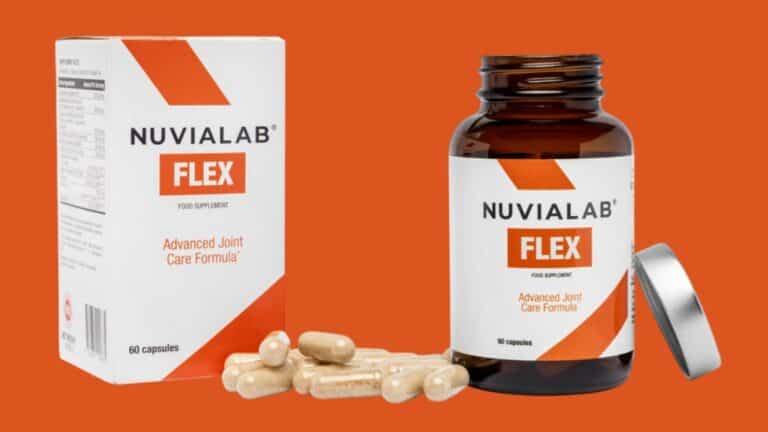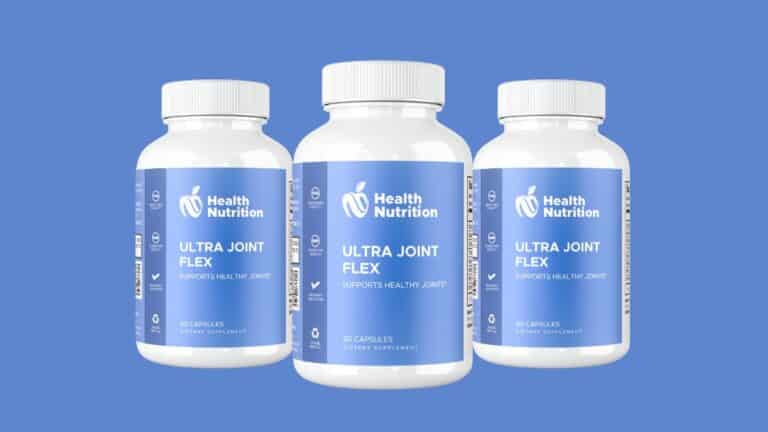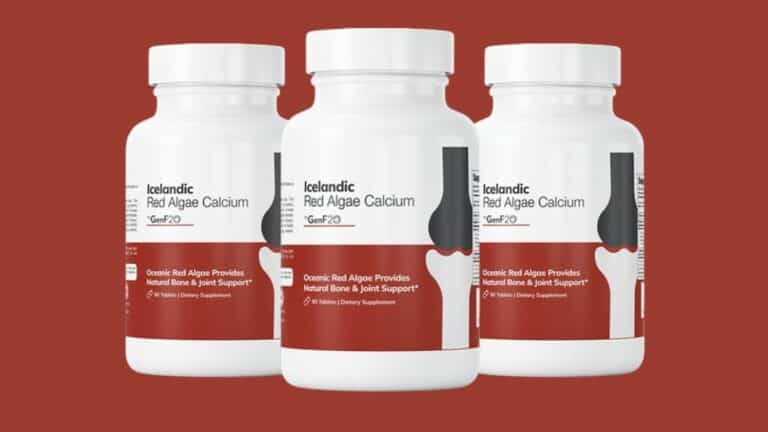In the world of health and fitness, the quest for effective supplements is relentless. Among the myriad of supplements available, L-arginine stands out, primarily recognized for its role in athletic performance and cardiovascular health. However, discussions often extend into its potential role in weight loss, sparking curiosity among fitness enthusiasts and those seeking healthier lifestyles. This blog explores the multi-faceted benefits of L-arginine, with a special focus on its implications for weight loss and overall health.
Understanding L-Arginine
L-arginine is a semi-essential amino acid, which means that while the body can produce it, additional amounts might be needed under certain conditions, such as illness or extreme physical activity. It plays a crucial role in various physiological processes, including the synthesis of nitric oxide, a molecule that helps in vasodilation, thus improving blood flow.
Given its fundamental role in the body, L-arginine has found its way into numerous health supplements, particularly those aimed at improving athletic performance, supporting cardiovascular health, and, as some claim, aiding in weight loss. But how valid are these claims?

L-Arginine and Weight Loss: The Evidence
The relationship between L-arginine and weight loss is complex and somewhat contentious. While some studies suggest potential benefits, the overall consensus in the scientific community remains cautious.
- L-Arginine’s Impact on Fat Metabolism: One of the most touted benefits of L-arginine is its purported ability to enhance fat metabolism. This claim is based on the idea that L-arginine can help convert fat stores into energy, thereby promoting fat loss. This effect is believed to be particularly beneficial for those struggling with obesity or aiming to reduce body fat while maintaining muscle mass.Some studies have supported this, showing that high doses of L-arginine can indeed promote fat loss. For instance, a study involving overweight men with type 2 diabetes found that those who supplemented with L-arginine while adhering to a calorie-restricted diet and regular exercise regime experienced fat loss without significant muscle loss. This contrasts with the placebo group, which lost both fat and muscle mass.However, it is essential to note that these effects were observed under specific conditions—high doses of L-arginine combined with caloric restriction and intensive exercise. Whether similar results can be achieved with lower doses or in less controlled environments remains uncertain.
- The Role of L-Arginine in Increasing Human Growth Hormone (HGH) Levels: L-arginine has also been linked to the stimulation of human growth hormone (HGH) production, a factor that could theoretically support weight loss. HGH is known to play a role in regulating metabolism, and increased levels of this hormone might accelerate fat loss.The catch, however, is that the increase in HGH levels occurs only at very high doses of L-arginine—doses that may also lead to undesirable side effects such as nausea and gastrointestinal discomfort. This makes it a less practical option for most individuals, particularly those who are not under professional supervision.
- Targeting Belly Fat: Belly fat, or visceral fat, is not just a cosmetic concern but also a significant risk factor for various health conditions, including cardiovascular disease and type 2 diabetes. Some evidence suggests that L-arginine may specifically target and reduce the accumulation of belly fat by modulating the function of adipose tissue (the tissue where fat is stored).By reducing the action of adipose tissue, L-arginine may help decrease the storage of fat around the abdominal area, thereby reducing the risk of associated health issues. This effect, while promising, requires further research to be fully validated.
- Enhanced Energy and Athletic Performance: One of the most consistent findings regarding L-arginine is its ability to enhance athletic performance, largely by increasing nitric oxide production. Nitric oxide plays a critical role in vasodilation, which improves blood flow and oxygen delivery to muscles during exercise. This results in improved endurance, reduced fatigue, and potentially better workout outcomes, which can indirectly support weight loss efforts.By increasing energy levels and enhancing physical performance, L-arginine enables individuals to engage in more intense and prolonged exercise sessions, which, when combined with a healthy diet, can contribute to weight loss over time.
Limitations and Cautions
While the potential benefits of L-arginine are compelling, it is crucial to approach supplementation with caution. Here are some important considerations:
- Limited Evidence for Weight Loss: Despite some promising studies, the overall evidence supporting L-arginine as a weight loss supplement is limited. The most significant results have been observed in studies involving high doses and strict exercise and diet regimens, conditions that may not be practical or sustainable for everyone.
- Potential Side Effects: High doses of L-arginine, necessary for some of the purported benefits, can lead to side effects such as nausea, diarrhea, and bloating. These side effects can be uncomfortable and may deter consistent use.
- Interactions with Medications: L-arginine can interact with certain medications, particularly those used to treat high blood pressure and high blood sugar. It is essential to consult with a healthcare provider before starting supplementation, especially if you are taking any medications or have underlying health conditions.
- Not a Standalone Solution: It is important to remember that no supplement, including L-arginine, is a magic bullet for weight loss. Sustainable weight loss typically requires a comprehensive approach that includes a balanced diet, regular physical activity, and, when necessary, professional guidance.

Other Health Benefits of L-Arginine
Beyond its potential role in weight loss, L-arginine offers several other health benefits:
- Cardiovascular Health: L-arginine is critical in producing nitric oxide, which helps relax blood vessels and improve blood flow. This can lead to lower blood pressure and reduced risk of cardiovascular diseases.
- Immune System Support: L-arginine may also support the immune system, particularly in individuals under stress or with specific health conditions. It has been used in clinical settings to support recovery from severe injuries and infections.
- Management of Erectile Dysfunction: L-arginine is sometimes used as a treatment for erectile dysfunction, as it helps improve blood flow to the genital area. This use, while effective for some, should be discussed with a healthcare provider to ensure it is appropriate.
Conclusion
L-arginine is a versatile amino acid with a range of potential health benefits. While its role in weight loss is not fully established and may require high doses, it remains a valuable supplement for those seeking to enhance athletic performance, support cardiovascular health, and improve overall well-being. As with any supplement, it is crucial to use L-arginine responsibly, ideally under the guidance of a healthcare professional, to maximize its benefits and minimize potential risks.
Frequently Asked Questions (FAQs) About L-Arginine
What is L-arginine, and what does it do?
L-arginine is a semi-essential amino acid that plays a crucial role in various bodily functions, including the production of nitric oxide, which helps improve blood flow, enhances athletic performance, and supports cardiovascular health.
Can L-arginine help with weight loss?
While some studies suggest that L-arginine may aid in fat metabolism and muscle preservation, its overall effectiveness for weight loss is limited and often requires high doses combined with strict diet and exercise regimens.
What are the potential side effects of taking L-arginine?
High doses of L-arginine can cause gastrointestinal side effects such as nausea, diarrhea, bloating, and abdominal pain. It’s important to consult a healthcare provider before starting supplementation.
How does L-arginine enhance athletic performance?
L-arginine increases nitric oxide production, which improves blood flow and oxygen delivery to muscles, leading to better endurance, reduced fatigue, and enhanced physical performance.
Is L-arginine safe to take with other medications?
L-arginine can interact with certain medications, particularly those for high blood pressure and high blood sugar. Always consult with a healthcare provider before combining L-arginine with other medications.
How much L-arginine should I take for its benefits?
The appropriate dosage of L-arginine varies depending on the desired effect. For athletic performance, doses can range from 1.5 to 12 grams per day. However, high doses are more likely to cause side effects, so it’s best to consult a healthcare provider for personalized advice.
Can L-arginine be used to treat erectile dysfunction?
L-arginine may help treat erectile dysfunction by improving blood flow to the genital area. However, its effectiveness can vary, and it should be used under medical supervision.
Are there any groups of people who should avoid taking L-arginine?
People who have had a recent heart attack, have kidney disease, or have guanidinoacetate methyltransferase deficiency should avoid taking L-arginine. Additionally, those undergoing surgery should stop taking it at least two weeks prior.
Can L-arginine help reduce belly fat specifically?
Some evidence suggests that L-arginine may help reduce belly fat by modulating adipose tissue function, but more research is needed to confirm this effect.
Is L-arginine found in foods, or is supplementation necessary?
L-arginine is found in foods such as meat, poultry, fish, and dairy products. While most people get enough L-arginine from their diet, supplementation may be beneficial for specific health goals or under certain conditions, as advised by a healthcare provider.
References
- Boger, R. H., & Ron, E. S. (2005). L-arginine improves vascular function by enhancing endothelial nitric oxide synthesis in hypercholesterolemic humans. Vascular Medicine, 10(Suppl 1), S29–S37. Retrieved from https://www.ncbi.nlm.nih.gov/pmc/articles/PMC3151442/
- Santos, R. S., Antonio, E. L., Wiggers, G. A., Tucci, P. J. F., & Baptista, R. D. (2020). L-arginine induces mitochondrial biogenesis through the activation of AMPK and SIRT1 in skeletal muscle cells. Life Sciences, 254, 117699. Retrieved from https://www.sciencedirect.com/science/article/
- Lucotti, P., Setola, E., Monti, L. D., Galluccio, E., Anderson, S., Cavatorta, A., Castiglioni, A., Rossodivita, A., Pala, M. G., Formica, F., Paolini, G., & Fermo, I. (2009). Beneficial effects of a long-term oral L-arginine treatment added to a hypocaloric diet and exercise training program in obese, insulin-resistant patients. American Journal of Physiology-Endocrinology and Metabolism, 297(4), E1047-E1054. Retrieved from https://pubmed.ncbi.nlm.nih.gov/20437186/
- WebMD. (n.d.). L-arginine: Benefits, side effects, and dosage. Retrieved from https://www.webmd.com/diet/supplement-guide-l-arginine







